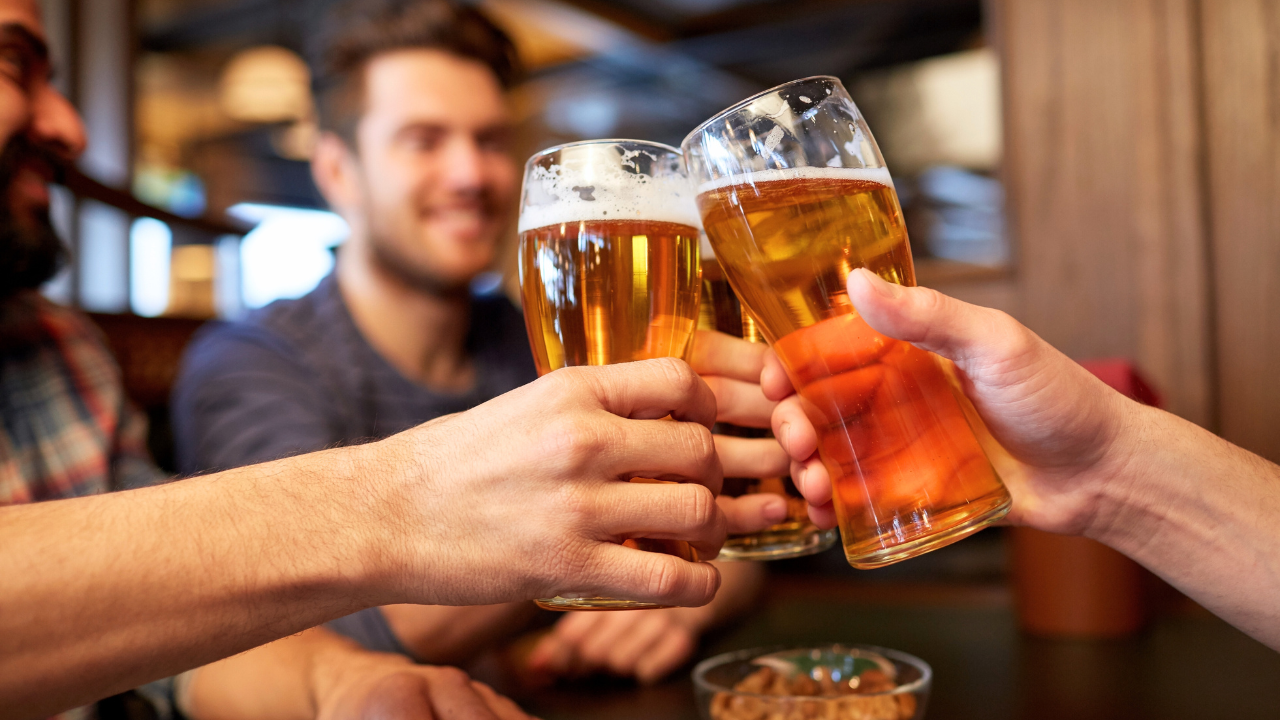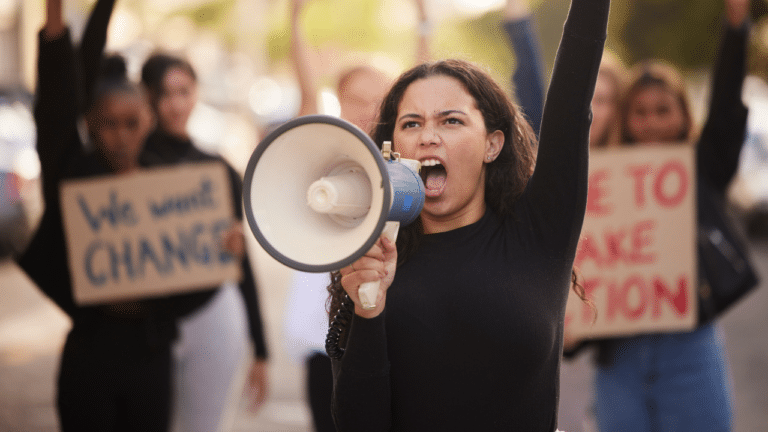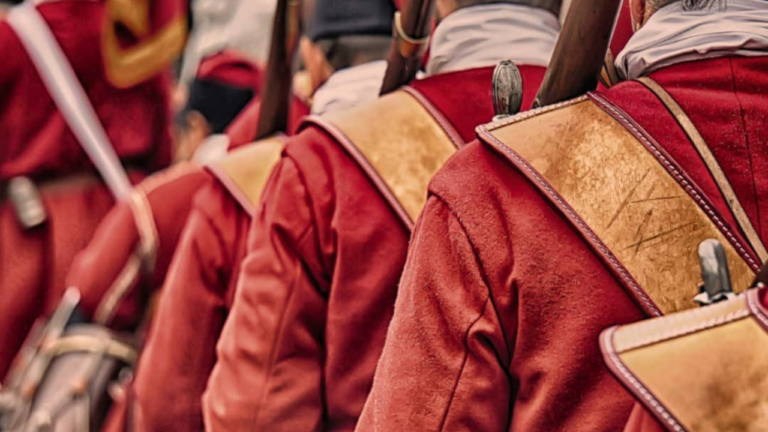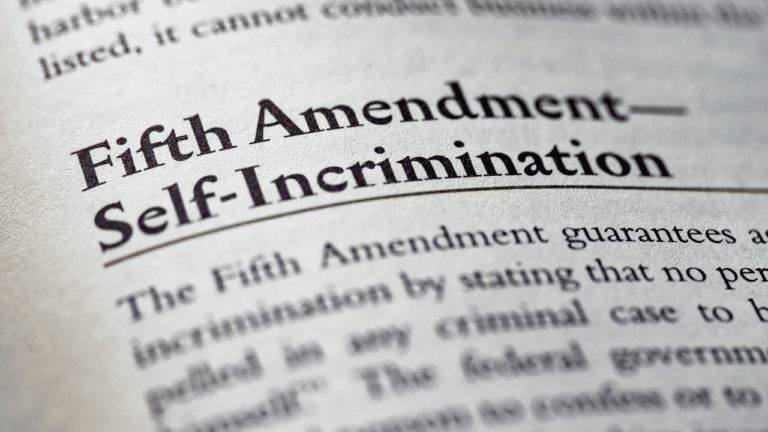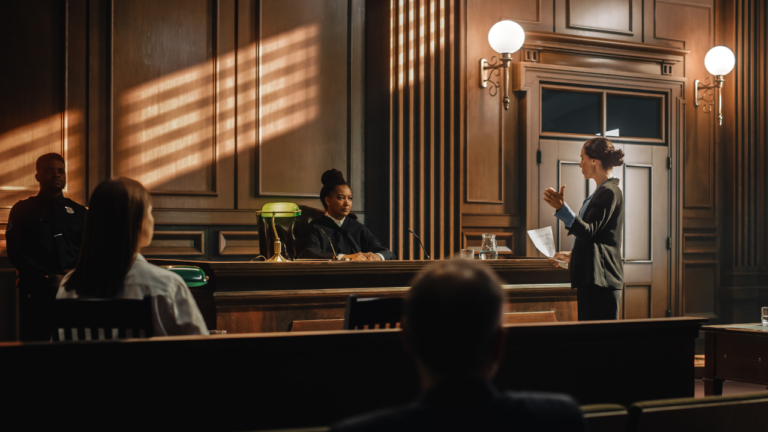The Twenty-First Amendment to the Constitution of the United States officially repealed prohibition. It has the distinction of being the only amendment to repeal a previous one, which was the Eighteenth Amendment.
WHAT IS THE TEXT OF THE TWENTY-FIRST AMENDMENT TO THE CONSTITUTION?
U.S. Const. Amend. XXI. PROHIBITION REPEALED.
Section 1. The eighteenth article of amendment to the Constitution of the United States is hereby repealed.
Section 2. The transportation or importation into any State, Territory, or possession of the United States for delivery or use therein of intoxicating liquors, in violation of the laws thereof, is hereby prohibited.
Section 3. This article shall be inoperative unless it shall have been ratified as an amendment to the Constitution by conventions in the several States, as provided in the Constitution, within seven years from the date of the submission hereof to the States by the Congress.
WHAT IS THE HISTORICAL ORIGIN OF THE TWENTY-FIRST AMENDMENT?
The Eighteenth Amendment and Twenty-First Amendment bookended the country’s attempt at a national prohibition, which started with the Temperance movement. During the early and middle 19th century, the U.S. experienced a religious revival. Alcohol use was considered sinful and harmful to family values. Women were particularly strong proponents of temperance, for they were often the most affected, experiencing abuse from alcoholic husbands and other family members.
By the early 20th century, the call for prohibition by religious groups and organizations such as the Anti-Saloon League became so overwhelming, that it led to the creation of the Eighteenth Amendment. It was swiftly ratified in 1919, but was upheld for a mere 13 years.
The Volstead Act
At first, the Eighteenth Amendment seemed to work. People stopped going to bars. Alcohol consumption plummeted and drunken arrests decreased. Men spent more time with their families. Hospitals reported less cirrhosis-related admissions.
To help carry out Prohibition, the Volstead Act was passed in 1919. It was meant to be a temporary wartime law to save the use of grains for food during World War I. When the war ended however, the Volstead Act was repurposed to support the newly ratified Eighteenth Amendment. It was originally vetoed by President Woodrow Wilson, but Congress overrode the veto. This legislation regulated the manufacture, use, and sale of alcoholic beverages. The Volstead Act enabled the federal government to enforce the law, which had traditionally been left to state and local law enforcement.
The Volstead Act had many problems from the start. First of all, the public was stunned to find that it was stricter than they had first perceived. For example, breweries had thought they would be exempt from the law, only to find that “intoxicating beverages” were defined as any beverage that contained 0.5% alcohol or more by volume, which included beer and just about all alcoholic beverages.
At the same time, the Volstead Act was worded vaguely enough that the public was able to take advantage of loopholes. For example, it allowed for religious organizations to use alcohol for ceremonies. Physicians were able to prescribe alcohol for medicinal purposes. Meanwhile, the grape industry included “warnings” on packages of grape concentrate, which happened to describe exactly how long to leave them out so that it could ferment and turn into wine.
Economic Repercussions of Prohibition
When Prohibition was made law, proponents had hoped that there would be a boost in the economy from other industries. They anticipated that people would go to the movies instead of bars and saloons. They expected that the public would indulge more in acceptable vices such as sodas, juices, and snacks. However, none of this happened. Instead, thousands of people lost their jobs when businesses such as bars, saloons, liquor stores, breweries, and distilleries shut down. Restaurants lost business because people stopped going. But the biggest blow to the economy was in the form of the loss of state revenue from liquor taxes, costing the federal government a whopping $11 billion, while spending $300 million to enforce the law.
The Rise of Bootlegging and Organized Crime
Another major unintended consequence of Prohibition was the rise of organized crime. Prohibition supporters severely underestimated the average American’s desire to consume alcohol, and the extreme lengths to which they’ll go to obtain it. When the bars and distilleries shut down, the illegal practice of selling and manufacturing alcohol, called bootlegging, came into play. It’s ironic that Prohibition supporters thought that banning alcohol would cut down on crime, because the complete opposite happened. Bootlegging was a lucrative industry, as small gangs and criminal organizations formed to provide a thirsty public what they wanted.
It was a losing battle for the federal government; for every speakeasy that was raided and every keg of beer seized and destroyed, hundreds more popped up in its place. The small criminal organizations grew larger and more powerful, turning into the Mafia. They took control of the bootlegging industry, headed by notorious gangsters such as Al Capone. Bootlegging became a very violent enterprise as gangs fought law enforcement and each other. Many parts of the country became a far cry from the peaceful sober paradise that Prohibition proponents had hoped.
The End of Prohibition
By the late 1920s the public had grown weary of Prohibition. The Volstead Act, with its many weaknesses, had failed to uphold the Eighteenth Amendment. Violence and corruption were everywhere, and neither the police nor politicians were immune to the bribes of the Mafia. Thousands have died from consuming poorly made illegal alcohol, called moonshine. The economy was in shambles. However, the final nail in the coffin came in the form of the Great Depression. As previously mentioned, Prohibition had eliminated hundreds and thousands of jobs and billions of dollars in state revenue from liquor taxes. The Great Depression further highlighted the struggling economy. It finally became too much for the nation to bear.
In 1932 when Franklin D. Roosevelt ran against incumbent Herbert Hoover, he called for the repeal of Prohibition, earning the Democrats the nickname “the wet party”. Roosevelt strongly argued that ending Prohibition would bring much-needed economic relief to the country. Roosevelt easily defeated Hoover with 57.4% of the popular vote, and before he even officially took office, Congress passed the Twenty-First Amendment, with the Senate at 63-23, and the House at 289-121. In similarly rapid fashion, the amendment was ratified by the states.
WHAT DOES THE TWENTY-FIRST AMENDMENT DO?
The Twenty-First Amendment repealed the Eighteenth Amendment, thus ending Prohibition. It is the only amendment to date that served to repeal an earlier amendment. It is also the only amendment to be ratified by state ratifying conventions rather than state legislatures.
TWENTY-FIRST AMENDMENT TO THE UNITED STATES CONSTITUTION
In 1928, President Herbert Hoover called Prohibition the “noble experiment”. It had noble aspirations of ridding the country of alcoholism, decreasing alcohol-related violence, and emphasizing family values. However, in taking the extreme approach of completely banning alcohol and attempting to uphold it with problematic legislation, the noble experiment failed. It failed to take into consideration the economic and societal consequences it would have on the country.
TWENTY-FIRST AMENDMENT COURT CASES
Although there have not been many, Supreme Court cases regarding the Twenty-First Amendment often focused on its second section, which has been interpreted by the courts as giving broad authority of alcohol regulation to the states, while limiting the power of the federal government to encroach upon individual state alcoholic beverage control policies.
- In California v. LaRue (1972), a group of liquor license holders challenged the California Department of Beverage Control’s new regulations when it was discovered that explicit adult entertainment was occuring on sites that sold alcohol. The license holders claimed that the regulations limited their freedom of expression. The Supreme Court ruled that, under the Twenty-First Amendment, the states have broad authority to regulate the sale of alcohol and therefore did not violate the First and Fourteenth Amendments.
- In Granholm v. Heald (2005), both Michigan and New York allowed in-state wineries to directly ship to consumers, but limited out-of-state wineries from the same practice. Several out-of-state wineries and consumers filed lawsuits in both states, claiming this was in violation of the Commerce Clause. The states claimed they were allowed to regulate how they want according to the Twenty-First Amendment. The Supreme Court combined both cases and ruled that different regulations for in-state and out-state wineries were discriminatory and violated the Commerce Clause, and were not protected by the Twenty-First Amendment.
- In Tennessee Wine and Spirits Association v. Thomas (2019), Two separate parties, the Maryland-based liquor chain Total Wine and Spirits, and a couple named Doug and Mary Ketchum applied for licenses to sell liquor in Tennessee. The Ketchums had recently moved in the state. Both parties were about to be granted their licenses by the Tennessee Alcoholic Beverage Commission, but a group called the Tennessee Wine and and Spirits Association of Retailers threatened to sue the TABC, stating that granting the licenses would violate a state rule that anyone applying for a liquor license first needs to have in-state residency for a minimum of two years. The Supreme Court ruled that Tennessee’s residency requirement is not protected by the Twenty-First Amendment. They argued that the Twenty-First Amendment does not sanction regulations intended to give in-state liquor retailers a competitive advantage against out-of-state retailers, and that Tennessee’s law is discriminatory against nonresidents.


